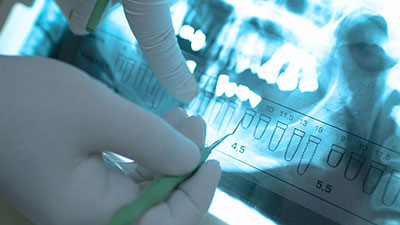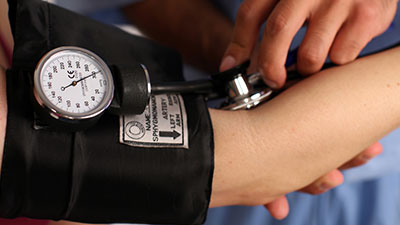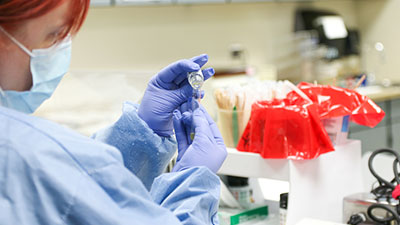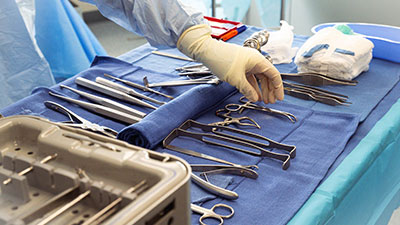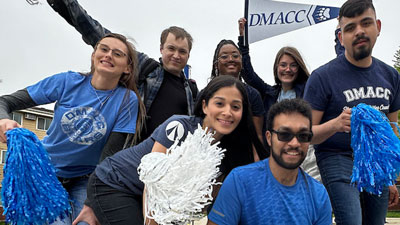Health Science and Fitness Academic Pathway
Questions? Contact us.
DMACC
Health Science & Fitness Pathway
hsfpathway@dmacc.edu
800-362-2127
Visit DMACC
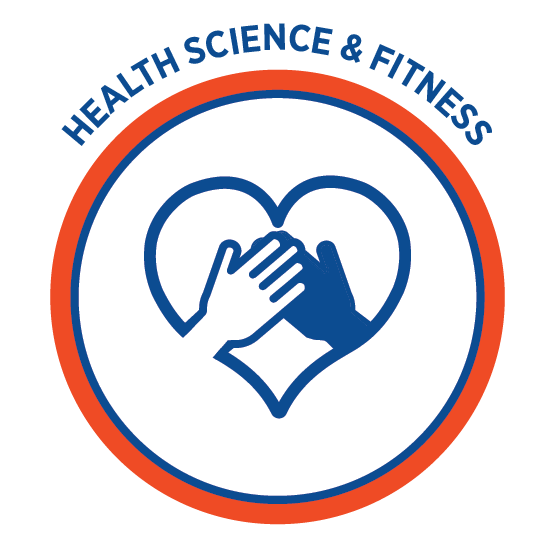
Health Science & Fitness
Care, Heal, Healthy, Wellness, Long-term Care
The Health Science & Fitness pathway prepares you for a career helping others heal or stay physically healthy and strong. Career choices include becoming a nurse or working in a medical office, lab, or surgery setting. You could join a dental office team as a dental hygienist, draw blood for analysis as a phlebotomist, or treat people’s breathing problems. This pathway also leads to jobs helping others stay physically fit or providing care for people as they age.
Want to learn more? Click here to see our Pathway Events.
Programs of Study
Athletic Coaching
The Athletic Coaching Certificate is for individuals interested in coaching athletics for all ages and abilities.
Dental Assistant
The Dental Assistant program prepares the student, as a member of the dental health team, to assist the dentist in all phases of dentistry.
Dental Hygiene
The Dental Hygiene curriculum is designed to prepare graduates for positions in general and specialty dental offices, hospitals, schools, public health agencies and industrial agencies.
Exercise Science & Kinesiology: Transfer Major
This Associate of Arts transfer degree is designed for students transferring to Iowa State University, the University of Northern Iowa or the University of Iowa to study Exercise Science & Kinesiology.
Fitness/Exercise Management
Fitness/Exercise Management degree is designed to be a two-year degree for individuals who would like to pursue a career in the fitness, exercise or related health fields.
Health Administration Specialist
Health Administration Specialists are integral to the evolving healthcare industry. They plan, lead, manage, and supervise the day-to-day operations of healthcare facilities, ensuring a smooth administrative process and delivery of high-quality patient care.
Medical Assistant
Medical assistants are the only allied health professionals specifically trained to work in ambulatory settings, such as physicians’ offices, clinics and group practices and perform a variety of administrative and clinical procedures in these settings.
Medical Billing and Coding
In the Medical Billing and Coding program students learn to translate medical diagnoses and procedures into numbers or codes for reimbursement and statistical purposes.
Medical Laboratory Technology
The Medical Laboratory Technology program prepares the student to perform complex laboratory procedures with a limited amount of supervision.
Nursing
The Associate Degree Nurse utilizes more complex nursing knowledge and skills to assess, plan, provide, evaluate and manage nursing care for patients in hospitals, long-term care facilities, and a variety of community-based healthcare settings.
Patient Access Specialist
The Patient Access Specialist is the initial point of contact for registering patients who are entering a health care facility and serve as an advocate for both the patient and the organization.
Respiratory Therapy
The Respiratory Therapy program provides students the opportunity to acquire the knowledge, skills and attitudes needed to begin successful careers as registered respiratory therapists.
Surgical Technology
This program prepares entry-level Surgical Technologists who are competent in the cognitive (knowledge), psychomotor (skills), and affective (behavior) learning domains to enter the profession..
Liberal Arts
Students planning on transferring to a four-year college/university may complete their freshman and sophomore requirements at Des Moines Area Community College.
Nondegree Training
Nondegree classes provide key skills for new and rewarding employment opportunities in targeted career areas.
High School Programming
Thousands of high school students take advantage of DMACC's Career Advantage offerings each year giving them a jump starton their academic and career goals, while saving money on college courses.
Health Occupations
Certified Nurse Aide Training
*Includes CNA Training
Get Involved
Get involved, and join a club. Learn from your peers and make new friends, maybe even find a new passion. There's so much to do besides go to class at DMACC!
- Club MLT (Med Lab Tech)
- Great Expectoration Club
- Medical Assistant Club
- Nursing Club
- Plaque Busters
- Pre-Health Professional Club
- Student American Dental Hygienist's Association (SADHA)
- Student Dental Health Experts (SDHE)
- Fitness & Sports Management Club
- Nursing Association Newton DMACC Area (NANDA)
Pathway Success Team
Each Pathway has dedicated and caring experts ready to support your success at every step of your journey at DMACC such as advisors, navigators, and faculty.
Prospective Bears: for help with initial exploration in this pathway and how to apply, contact hsfpathway@dmacc.edu.
Current Bears: for academic, professional, or other support, start by contacting your assigned Academic Advisor.
Events
If no events are posted, please contact Campus Tours.
Award Information
AA:Associate in Arts Degree. An AA is a degree made up of 64 credits you can earn at DMACC with the intent of continuing your education at a 4-year college or university. An AA is a relatively inexpensive way to take care of your general education requirements.
AS:Associate in Science Degree. An AS is also a degree made up of 64 credits you can earn at DMACC with the intent of continuing your education at a 4-year college or university. An AS is a relatively inexpensive way to take care of your general education requirements.
AAS:Associate in Applied Science Degree. An AAS is a degree made up of 64-86 credits you can earn at DMACC that prepares you to be ready to enter the related market or industry.
Certificate:A Certificate of Specialization has a maximum of 48 credits and can typically be completed in 52 weeks that prepares you to be ready to enter the related market or industry. Certificates are not intended to have a general education component.
Diploma:A Diploma has 30-48 credits and can typically be completed in 52 weeks that prepares you to be ready to enter the related market or industry. Diploma’s are primarily discipline specific, with a small amount of general education required.
Nondegree:Continuing education coursework to support your desire to update or learn new skills, advance in your current job, or renew a professional license.
A field of study without any award type listed after the discipline indicates coursework opportunities available at DMACC.

